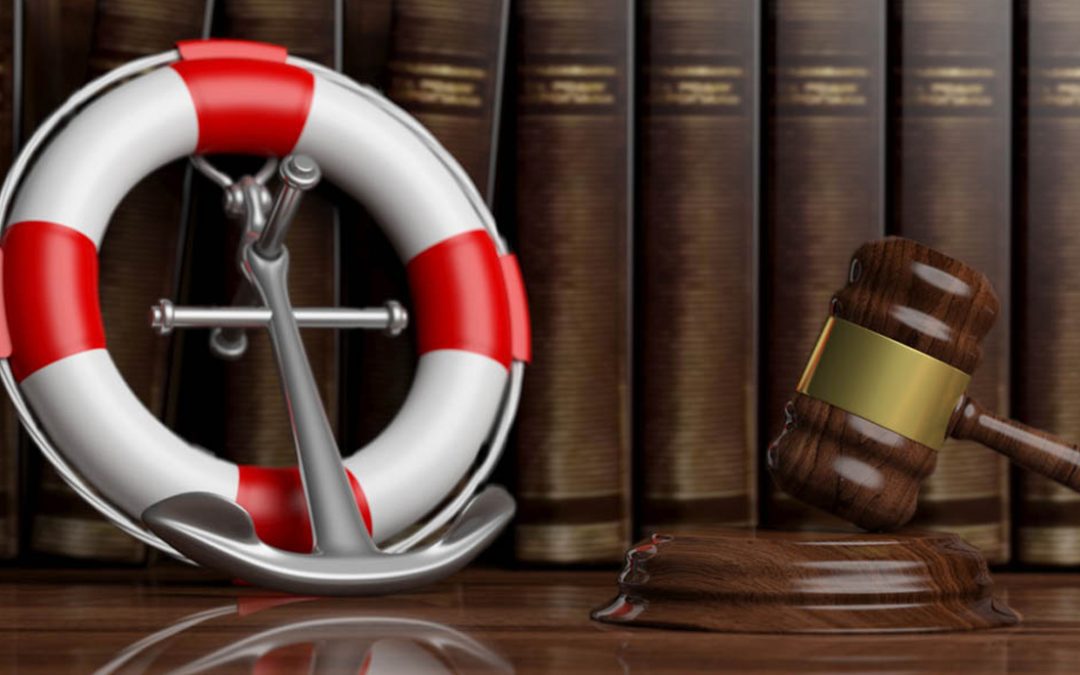Vessel arrest refers to the legal process of detaining a ship or maritime asset to secure a maritime claim or enforce a court judgment. In the UAE, Ship arrest is governed by the UAE Maritime Commercial Law No. 26 of 1981 (as amended) and its implementing regulations.
Read More About: The UAE’s cybercrime legislation has been updated.
overview of vessel arrest procedures in the UAE

Maritime Claims:
Vessel arrest can occur when there is a valid maritime claim against the owner or operator of the vessel. Maritime claims may include unpaid debts, cargo damage, personal injury, salvage claims, or breach of contract.
Jurisdiction:
The UAE courts have jurisdiction over vessel arrest cases that involve UAE waters or vessels located within UAE territorial waters, including ports and harbors.
Filing a Claim:
The claimant (party seeking vessel arrest) must file a claim with the competent UAE court. The claim should include relevant evidence supporting the claim and a request for the arrest of the vessel.
Security:
To secure the claim, the claimant is typically required to provide security, such as a bank guarantee or cash deposit, to cover any potential damages that may arise from the arrest. The court will determine the amount of security based on the nature and value of the claim.
Court Order and Execution:
If the court finds the claim valid and sufficient security is provided, it will issue an order for the arrest of the vessel. The order is then executed by the UAE authorities, such as the Coast Guard or port authorities, who physically detain the vessel.
Release and Compensation:
The vessel may be released upon the provision of alternative security, such as a letter of undertaking from the claimant’s bank, or if the claim is resolved through settlement, arbitration, or court judgment. The claimant may be entitled to compensation from the proceeds of the arrested vessel or through other legal means.
conclusion
It’s important to note that vessel arrest is a legal process that should be pursued with the assistance of a maritime lawyer or legal professional experienced in maritime law in the UAE. They can guide you through the specific procedures, legal requirements, and help protect your rights and interests throughout the process.
Learn More About: NEW COMMERCIAL COMPANIES LEGISLATION




